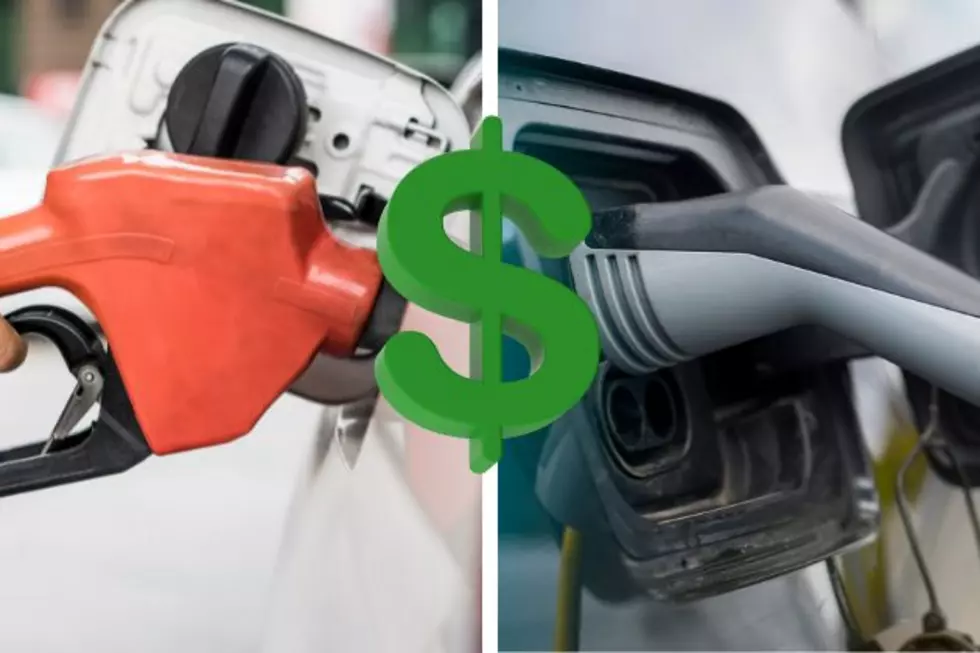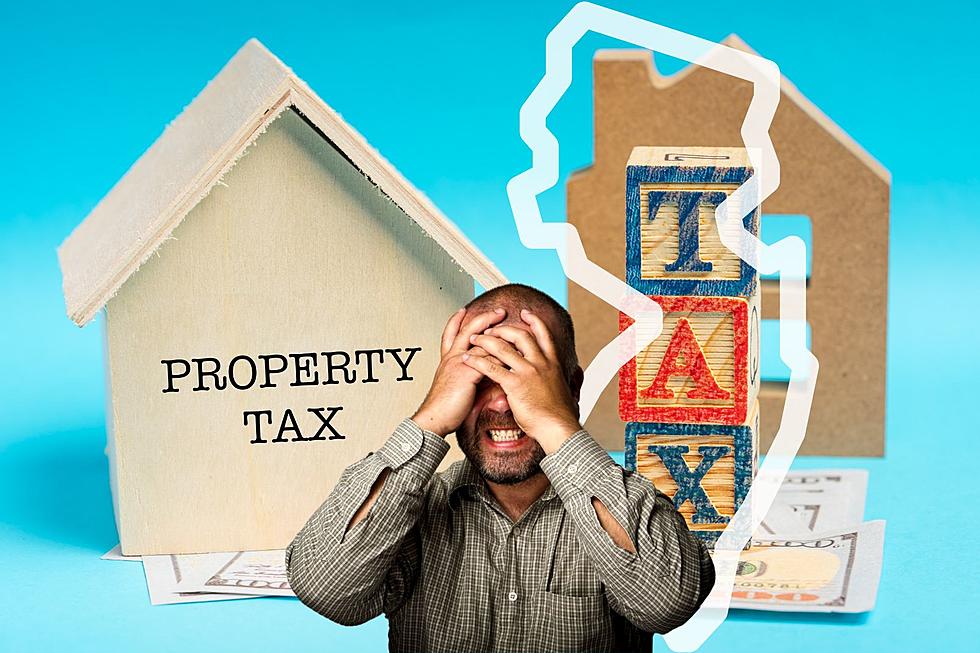
Large Minimum Wage Increase Proposed by NJ Dems
New Jersey's Democratic lawmakers have unveiled a plan to raise the state’s minimum wage from $8.38 to $15 an hour.
Assembly Speaker Vinnie Prieto, State Sen. Ray Lesniak, and Assemblymen John Wisniewski and Gary Schaer, surrounded by anti-poverty and worker union groups, made the announcement at the State House on Thursday morning.
“First and foremost we have to make sure that workers earn a fair wage for their hard work, we need to do better,” Prieto said. “We need to have a minimum wage for these people to be able to make ends meet in the state of New Jersey, as more people fall into poverty we need to lift them up.”
Prieto said this is one of the ways we can rebuild our middle class. He said full-time workers who are paid the minimum wage earn about $340 a week.
“That’s not a livable wage, and they should be properly compensated,” he said.
The speaker said six cities and counties are moving forward with this initiative over the past 18 months.
“We need to get on board with them and do the right thing,” the speaker said.
Assemblyman John Wisniewski, another sponsor of the measure, agreed.
“You just can’t make ends meet under the current minimum wage, this is why a $15 minimum wage is a livable wage, a wage that will help families sustain themselves,” he said.
Wisniewski added “New Jersey’s economy and America’s economy is based on consumers and by making our working poor better consumers, by giving them the ability to buy their groceries, to buy their pharmaceuticals, to buy the cloths they need for their children, to pay their rent, they are going to help the economy.”
Assemblyman Gary Schaer said many parents have “not only one job but usually two jobs, perhaps even three, so they can survive, by having those two jobs or three jobs it means less time with their children, less time doing homework, and the ramifications are clear and obvious, the children will do as well as children living in more economically advantaged areas."
State Sen. Ray Lesniak pointed out that in Australia the minimum wage is higher than $15 dollars an hour "and a Big Mac costs less – so who’s making it big on that?”
Mike Egenton , the executive vice president of government relations for the New Jersey State Chamber of Commerce, believes this kind of hike in the minimum wage would hurt the New Jersey economy and many small businesses, especially if they’re thinking about expanding.
“They’ll either not hire that person in 2016, they’ll cut back on their payroll, or they’ll modify their benefits to reach the bottom line,” he said.
He noted many times, profit margins are very thin, so this would have a very adverse effect on many small businesses, the very ones the state is looking for to create jobs and propel the economy forward.
Assembly Speaker Prieto disagreed, stating that the increase would actually benefit the Garden State economy.
“If we put money in the pockets of people that are going to spend it it’s going to make the economy better, and that’s what this is all about,” Prieto said. “At the end of the day I think this will be good for the economy, and this is something I would welcome to see because those small businesses will get more customers.”
When asked why the bill would be introduced when everyone knows Gov. Chris Christie would veto it if it’s passed, Prieto said “we want this to be first and foremost an education process for the people of the state of New Jersey, so listen, this is the way it always starts, we introduce legislation, it goes through the committee process, there’s a dialogue, then we will see where it gets.”
After the press conference, Michele Siekerka, president of the New Jersey Business and Industry Association, released the following statement:
“Raising the minimum wage would add yet another mandate and would hurt small business in particular. This is a hit to “Main Street” businesses that are the bedrock of our economy.
“This proposal, coming on the heels of the proposed constitutional amendment mandating pension payments, which no doubt will result in increased taxes on business, makes it is clear that public policy is trending in the wrong direction and is damaging to New Jersey’s ability to be competitive. We must keep New Jersey competitive and create jobs, not take actions to chill investment.
“We know that the state’s long-term economic challenges and cost of living are driving businesses and residents out of the state, which has already damaged the state’s economy. As taxes and mandates on business increase, this trend will only continue. Our members tell us they are cautiously optimistic about their businesses in 2016, but are concerned about the longer term economic challenges they face. This includes a high tax burden and many regulations and mandates including the recent proposals and to require paid sick leave, increase workers’ compensation costs and the recent constitutional amendment that has already increased the minimum wage.
“It is important that policymakers consider the overall impact on the state’s economy and small business before moving forward with this new proposal. Let’s conduct an economic impact on this proposal first and see what the true implications will be.”
More From WPG Talk Radio 95.5 FM










